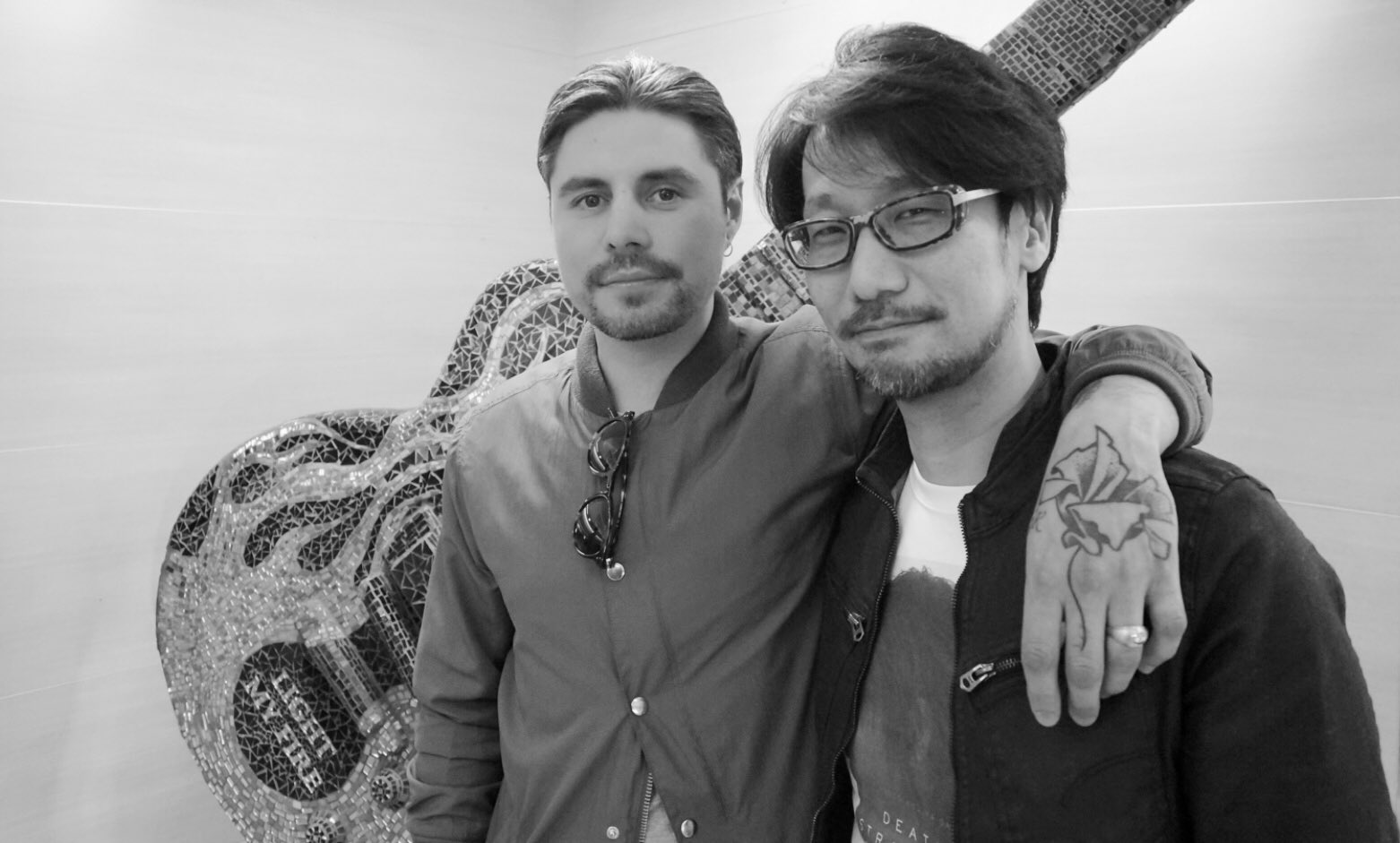Death Stranding composer Ryan Karazija dies at 40
Without his songs "Death Stranding would not have been born," said Hideo Kojima.

Ryan Karazija, the main mover behind the group Low Roar and the musician responsible for most of Death Stranding's singular soundscape, has died at the age of 40. The news was announced on the band's Instagram page, with a post that reads:
"Ryan Karazija, front man and driving force behind Low Roar, has died at age 40.
"His beautiful music and lyrics, sung in his haunting voice have touched the lives of so many people all over the world, and will continue to do so. He was a kind and beautiful soul and our worlds are shattered by the loss of him.
"May we honour his memory through his art and hold him forever in his songs."
Karazija spent the earlier part of his life and career in California, fronting the band Audrye Sessions from 2002 to 2010, before moving to Iceland and Reykjavík, where he began Low Roar. Initially a solo project, the group's eponymous debut was released in 2011, and it has now released five albums, with a sixth to be released posthumously.
Low Roar did not enjoy huge commercial success, but videogame designer Hideo Kojima happened upon the band's music in a Reykjavik record shop. Kojima recognised that these alluring, sometimes discordant, and unusually constructed songs captured something of the essence of Death Stranding's mood: the loneliness, the struggle to survive with integrity, the wailing against the world we all indulge in.
Kojima reacted to the news on social media saying that, without Karazija's contribution, "Death Stranding would not have been born."
The biggest gaming news, reviews and hardware deals
Keep up to date with the most important stories and the best deals, as picked by the PC Gamer team.
I heard the news. I can't believe it. I don't want to believe it. Without Ryan, without you and your music, Death Stranding would not have been born. Your music will live forever in this world and in me. Thank you. Rest in peace.Low Roar Ryan Karazija (1982-2022) pic.twitter.com/buzBwtBHvrOctober 29, 2022
"Ryan’s songs are sensual and the sounds he creates are unique," Kojima told Rolling Stone in 2016. “His goal isn’t to make money; he is about the art and shows a very original taste even in things like his album covers.”
Death Stranding is a game of moments. Long stretches of solitude that, eventually, are broken by some sight in the distance, some sense of an achievement within one's grasp. Almost without exception these moments are soundtracked by Low Roar, which provides 18 of 22 songs on the soundtrack, to the extent they seem emblematic of Sam's inner life. Few games use music tracks like this, or create such an effect through them.
Amusingly enough, Death Stranding was such a hush-hush project that, when Kojima got Sony to approach Low Roar about using the band's music, Sony wouldn't tell the band what it wanted the track for.
"Sony contacted us in an obscure email offering us a certain amount of money to use the song ‘I’ll Keep Coming’, and they were not willing to tell us what they’re going to use the song for," Karazija told VG247 in 2020. "At that time we were in a gutter so we accepted it. And it turned out it was for Death Stranding."
The use of Low Roar's music in Death Stranding saw the band find a significant new audience and go on tour.
A later update from the band said that Karazija had died following complications from pneumonia. Low Roar's statement ends by saying that work on the sixth album is already underway and it "will be completed and released when it is ready. Please respect his family’s privacy at this incredibly difficult time."

Rich is a games journalist with 15 years' experience, beginning his career on Edge magazine before working for a wide range of outlets, including Ars Technica, Eurogamer, GamesRadar+, Gamespot, the Guardian, IGN, the New Statesman, Polygon, and Vice. He was the editor of Kotaku UK, the UK arm of Kotaku, for three years before joining PC Gamer. He is the author of a Brief History of Video Games, a full history of the medium, which the Midwest Book Review described as "[a] must-read for serious minded game historians and curious video game connoisseurs alike."

